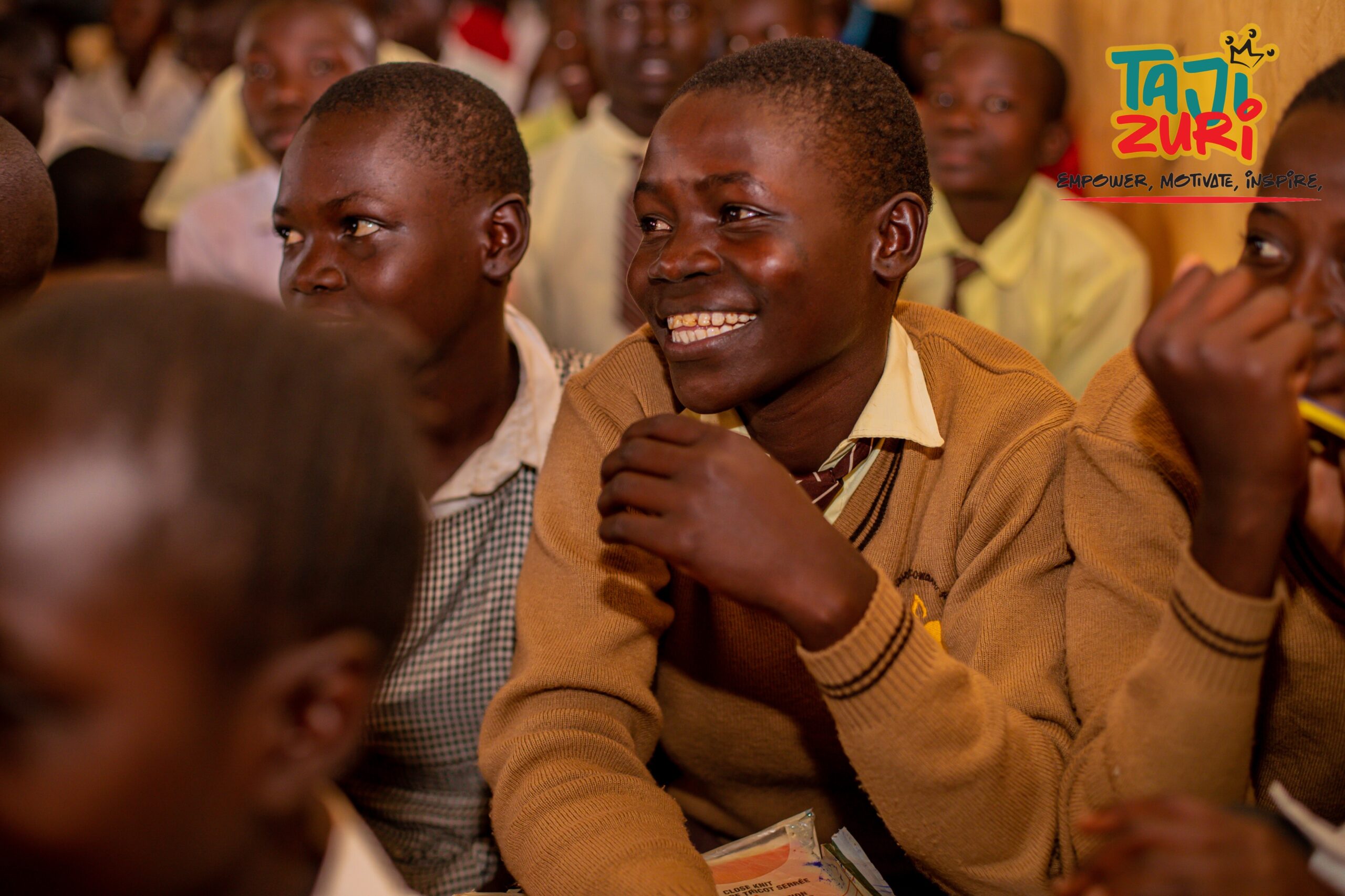Introduction
Mental health has become a global concern, with increasing cases of stress, anxiety, and depression affecting individuals across different age groups. According to the World Health Organization (WHO), one in every eight people worldwide experience a mental disorder, emphasizing the urgent need for support mechanisms. Regionally, in Africa, mental health remains a significant challenge due to stigma, lack of resources, and limited access to professional services. Nationally, the government has made strides in addressing mental health through policies and awareness campaigns. However, challenges such as inadequate mental health infrastructure persist. At the county level, Homabay, devolved governments have started incorporating mental health programs into their health agendas, but more needs to be done to support individuals, particularly young people.
One of the most effective ways to address mental health challenges is through peer support groups. These groups provide individuals with a sense of belonging, shared experiences, and emotional support, reducing feelings of isolation and improving overall well-being. Schools and universities, in particular, have embraced peer support systems as part of their mental health strategies, often integrating them with mentorship programs to educate students about their importance.
The Role of Peer Support Groups in Mental Well-Being
1. Emotional Support and a Sense of Belonging
Peer support groups create a safe space where individuals can share their struggles without fear of judgment. This openness reduces loneliness and fosters emotional resilience. When students engage in such groups, they learn that they are not alone in their struggles, which significantly alleviates stress and anxiety.
2. Reducing Stigma and Encouraging Help-Seeking Behavior
Many individuals, especially students, hesitate to seek professional help due to the stigma associated with mental health. Peer support groups provide an informal environment where members can talk freely. Through shared experiences, they normalize discussions around mental health, making it easier for individuals to seek professional help when needed.
3. Enhancing Coping Mechanisms and Problem-Solving Skills
By participating in peer support groups, students develop better coping mechanisms to handle academic pressure, family issues, and personal challenges. These groups often share strategies for managing stress, conflict resolution, and emotional regulation, equipping students with essential life skills such as self awareness and interpersonal skills.
4. Peer Mentorship as a Tool for Education on Mental Health
Rafiki mentorship program plays a critical role in educating students about the importance of peer support groups. Through Rafiki mentorship, experienced students or trained mentors guide their peers in understanding mental health challenges and the benefits of seeking support. This structured guidance enhances students’ ability to recognize early signs of mental distress and encourages proactive interventions.
5. Encouraging Leadership and Responsibility
Students who participate in peer support groups and mentorship programs often develop leadership skills. They become advocates for mental health thus encouraging others to embrace support networks and contribute positively to their communities. This responsibility fosters a culture of care and holistic support within schools and institutions.
6. Strengthening Academic Performance
Mental well-being is directly linked to academic success. When students have access to emotional support, they are better able to focus on their studies, leading to improved concentration and performance. Peer support groups help create a balanced environment where students can share academic and personal challenges, leading to a healthier school life.
Tajizuri’s Initiative in Enhancing peer support groups through Rafiki Mentorship
TajiZuri’s Rafiki Mentorship Program in educational settings has positively impacted students’ mental well-being, Thus, playing a significant role in improving mental health and well-being among students. A systematic review highlighted that social support is a crucial protective factor for mental well-being, and peer mentorship programs can contribute to personal growth, creativity, and community engagement.
By offering peer support through the Rafiki Mentorship Program, TajiZuri has contributed to the mental well-being of students, aiding them in navigating academic challenges and promoting a supportive educational environment.
Conclusion
Peer support groups are a vital tool in enhancing mental well-being, providing individuals with emotional support, coping strategies, and a sense of belonging. When integrated with mentorship programs, they play a crucial role in educating students on mental health, reducing stigma, and encouraging help-seeking behavior. At the global, regional, national, and county levels, governments and institutions must continue to promote and invest in peer support initiatives to create healthier, more resilient communities. By fostering strong peer networks, we can significantly improve mental well-being and ensure that no one has to face their struggles alone.
Article written by: Abongo Emily
Article reviewed by:Tatiana Nadongo




